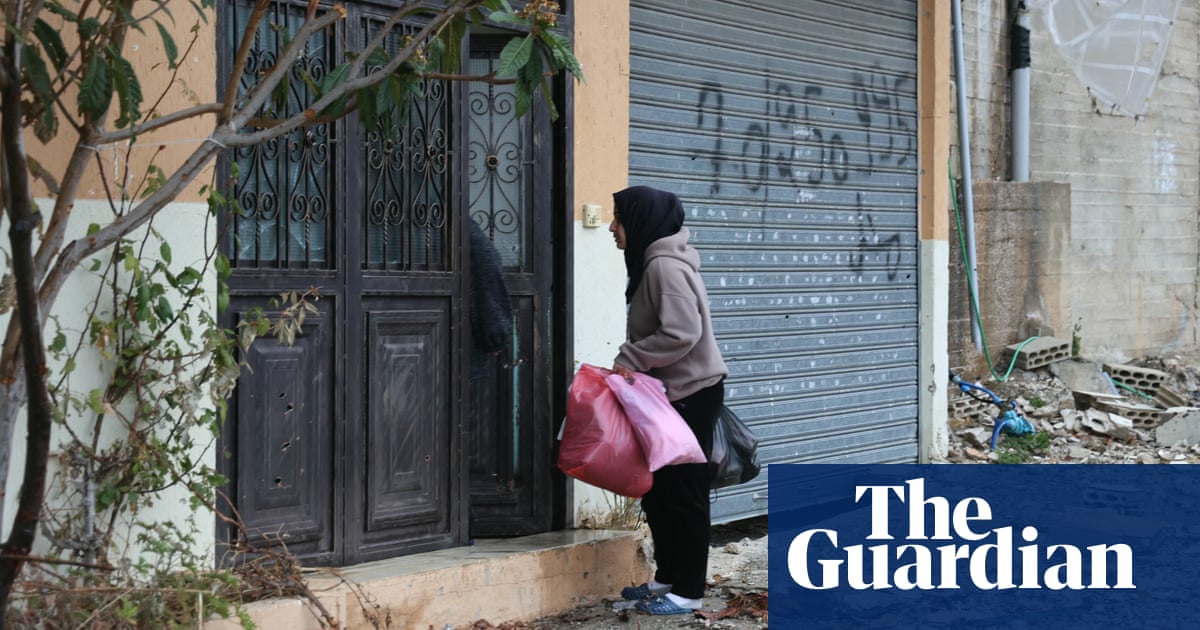Hezbollah Rockets Reignite Tensions, Threatening Fragile Mideast Truce
Just days after a ceasefire brought a pause to 13 months of conflict, tensions have flared anew between Israel and Hezbollah. On Monday, the militant group fired two rockets towards an Israeli watchtower in the disputed Shebaa Farms region, escalating fears that a full-blown war could erupt once more.
“The attack on the watchtowers was an ‘initial warning defensive response’ against ‘repeated violations’ by Israel of the ceasefire agreement,” Hezbollah declared in a statement.
The rocket barrage marks the first time Hezbollah has struck Israeli territory since the ceasefire agreement came into effect on November 28th. While the rockets landed in an unpopulated area, causing no casualties, the incident triggered a strong reaction from Israeli Prime Minister Benjamin Netanyahu.
“Israel will respond ‘strongly’ to Hezbollah’s actions,” Netanyahu vowed.
This tit-for-tat exchange follows a series of Israeli airstrikes in Lebanon since Wednesday. Israeli officials claim these strikes targeted Hezbollah militants they say were violating the ceasefire. According to Israeli media reports, France, which is tasked with overseeing the implementation of the ceasefire deal, has accused Israel of 52 violations since its inception.
The escalating violence raises concerns that the hard-earned ceasefire could easily crumble, plunging the region back into a devastating conflict.
Related: From Beirut to Khartoum, the Arab world is changing beyond our recognition | Nesrine Malik
The ceasefire agreement, brokered after months of bloody fighting, stipulates the withdrawal of Israeli troops from southern Lebanon and the relocation of Hezbollah fighters north of the Litani River within 60 days. This deal aimed to bring an end to the violent clashes that erupted in October 2023 when Hezbollah launched rockets into Israel, allegedly in solidarity with Hamas’s attacks across the border.
The conflict has taken a heavy toll on Lebanon, claiming almost 4,000 lives and displacing over a million people. Damage estimates exceed $6.7 billion. While residents of southern Lebanon had only recently begun returning home and rebuilding, the latest clashes threaten to further disrupt their already fragile lives. Over 60,000 Israelis remain displaced in the north due to Hezbollah rocket attacks.
One of the most contentious points of the ceasefire agreement is Israel’s insistence on its right to unilaterally enforce its interpretation of the truce. Despite international calls for restraint, Israel has sought assurances from the United States that it can take action against Hezbollah if the Lebanese army fails to intervene.
However, Hezbollah maintains that Israel lacks the authority to conduct operations within Lebanese territory or use its airspace, arguing that such actions constitute a violation of Lebanese sovereignty.
“The group is ready to respond if Israel violates the truce,” stated Hezbollah MP Hassan Fadlallah. "The ceasefire agreement recognises ‘the right of the two parties to self-defence’ "
The volatile situation leaves the future of the ceasefire hanging in the balance, raising concerns about the possibility of a wider conflict engulfing the already turbulent Middle East region.


